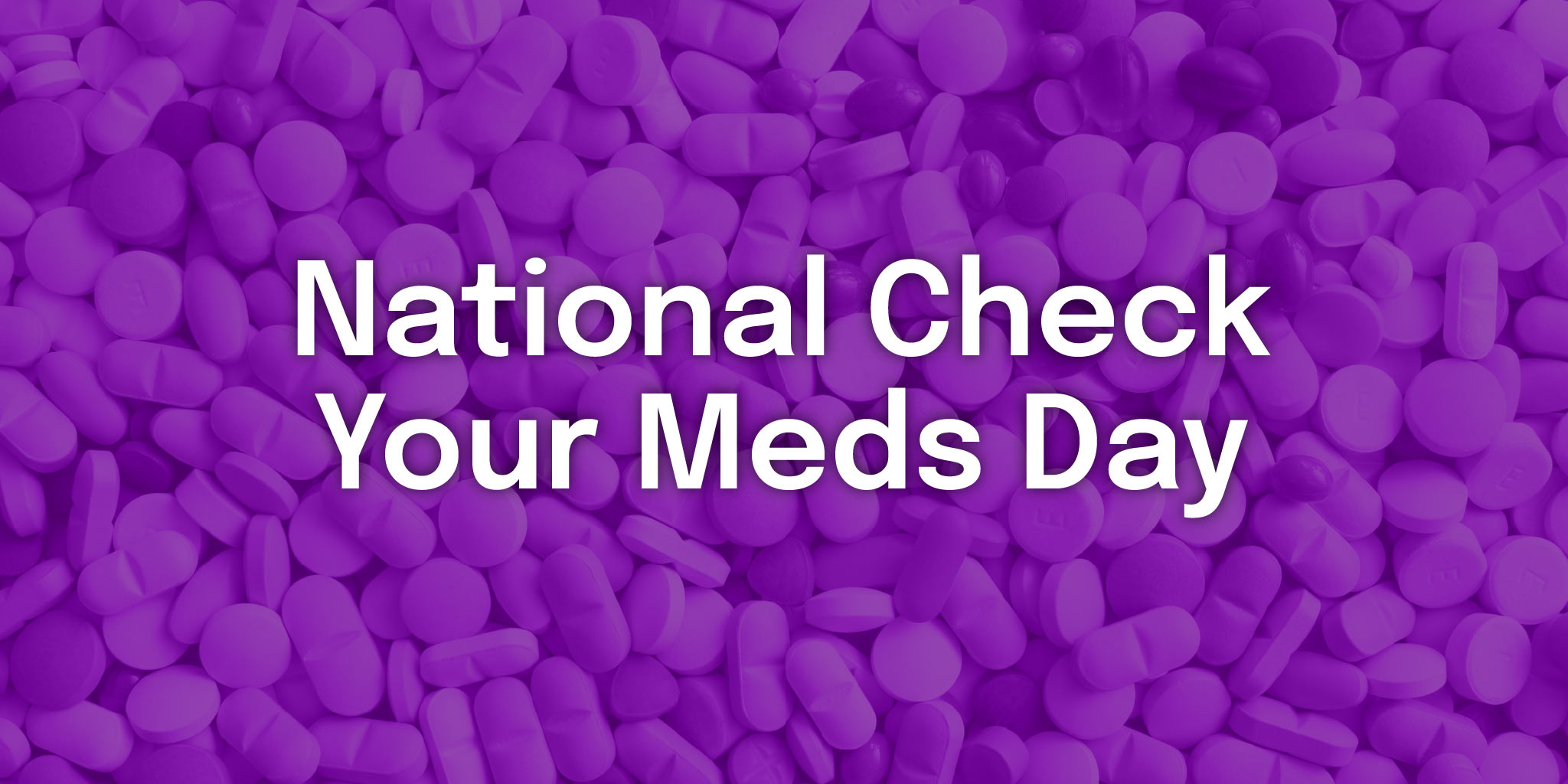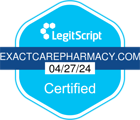
Why You Should Tell Your Care Team About Medication Changes
Taking a lot of medications can be difficult to manage. Your healthcare team is here to help you.
Medications can help you stay healthy when taken the right way. One of the most important things you can do is tell your pharmacist and doctors about any changes to your medications.
This includes:
- Starting a new prescription or over-the-counter medication
- Stopping a prescription or over-the-counter medication
- Making changes to a prescription or over-the-counter medication you already take (like lowering or increasing your dose)
Sharing this information can help keep you safe and ensure your medication works the way it should.
Keep reading to learn why it is important to tell your healthcare team about any medication changes.
Why You Should Tell Your Pharmacist About Medication Changes
Pharmacists do more than just give you medications. They understand how medications work and how they can affect your body.
When you tell your pharmacist about changes to your medications, they can:
- Check for drug interactions. Certain medications should not be taken together because they do not work well together or cause side effects. Some may even worsen certain conditions.
- Make sure your dose is safe. They can check that the amount (strength and frequency) of each medication you take is safe for you.
- Help you take it the right way. Some medications should be taken with food or at certain times of the day.
- Prevent mistakes. Your pharmacist can catch potential risks before they happen.
Why You Should Tell Your Doctors About Medication Changes
You may see more than one doctor. Like a family doctor or a specialist, such as a heart doctor.
Each doctor needs to know all the medications you take. They should also know about any prescription medication changes made by your other doctors.
This helps your doctors:
- Avoid possible medication problems. Doctors need to know every medication you take so they do not prescribe you one that causes complications.
- Choose the best treatment plan. Your doctor could prescribe you a medication that does not work well with the others you take if they do not know about all your medications. This also ensures they avoid prescribing you something for a condition that is being treated with a different medication.
- Avoid taking two medications that treat the same condition. This has no extra health benefits. It can also cost you more money and make you take more medications than needed.
- Keep you safe. Your doctors need the full picture. This includes your entire medication list so they can give you the best care.
- Prevent side effects. Your doctors can help prevent any bad reactions if they know about all your medications.
Types of Medication Changes to Share with Your Healthcare Team
It is not just new medications you should share with your doctors and pharmacist. It is also important to tell them about:
- New medications. This includes newly prescribed medication, over-the-counter medications, vitamins, and supplements.
- Stopping a medication. If one of your doctors tells you to stop taking a medication, be sure to tell the rest of your healthcare team.
- Dose changes. If one of your doctors changes how much medication you take.
- Timing changes. If you begin taking a medication at a new time, more often, or less often.
- Medication type changes. If you switch from one medication form to another. Like a pill to a liquid medication.
- Side effects. If you feel sick or are experiencing other unpleasant side effects after starting or changing a medication.
Sharing these updates can help keep your medication management safer and lower the risk of unwanted side effects.
How to Keep Track of Your Medications
Managing multiple medications can feel overwhelming. Try some of these medication safety tips to keep you on track.
- Keep a list of your medications. Write down all your medications. Include how much you take and when you take it.
- Always update your medication list. Be sure to write any changes to your medication list as they happen. Like when you start, stop, or change a medication.
- Bring your medication list with you. Share your entire medication list with every doctor and pharmacist you visit.
- Use one pharmacy. Get all your medications from the same place. This helps your pharmacist keep better track of your medications and any changes.
- Ask questions. Always ask your pharmacist or doctor if you do not understand something about your medication.
- Use a pharmacy app. You can store all your medication information in one place. If you are an ExactCare patient, click here to learn more about the online ExactCare account.
What If You Forget to Tell Someone About a Medication Change?
If you forget to share a medication change with your care team, don’t worry. Just try to share any changes with them as soon as possible. It is never too late to update your information with your healthcare team.
Important Reminders
- Tell your healthcare team about any changes to your prescription and over-the-counter medications.
- Keep an updated medication list for your doctor appointments.
- Ask questions if you do not understand something about your medication.
If you have questions about your medication, talk to your pharmacist or doctor. They are here to help!
Sources Behind This Post
https://www.fda.gov/consumers/consumer-updates/create-and-keep-medication-list-your-health







